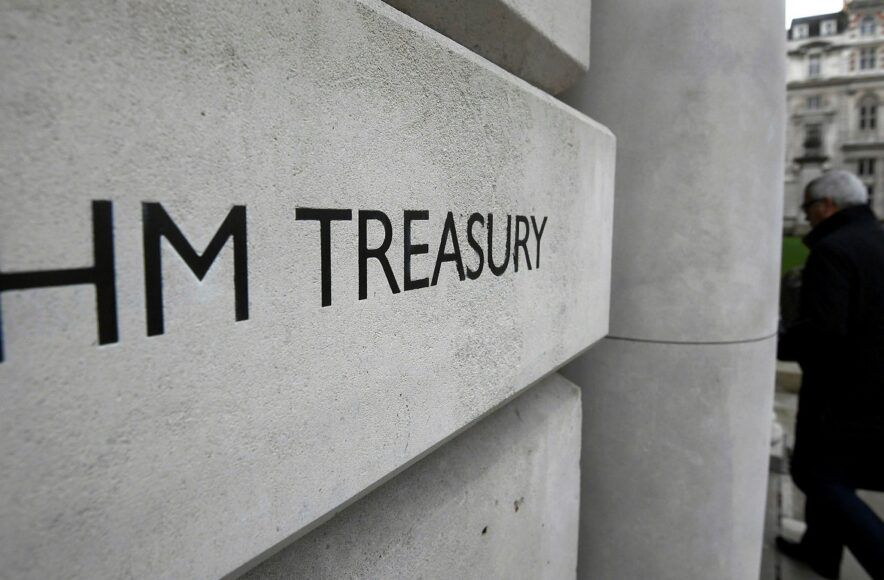The clock is ticking on the adult social care crisis

The funding deficit in adult social care has placed providers under considerable strain for several years now, but with ever-rising inflation the sector is faced with an unprecedented challenge in retaining and recruiting staff.
Uplifts in the fees that charity providers receive have not kept pace with escalating costs of living. As a result, many have no option but to draw heavily on their limited funding reserves to subsidise statutory services and pay staff a fair wage.
Today’s ‘mini-budget’ announcement has done little to alleviate adult social care providers’ profound concerns for the coming winter or to show disabled people that the government understands their concerns.
Responding to today’s Growth Plan Statement Ali Gunn, United Response’s Public Affairs and Policy Lead, said:
“We stand on the verge of a crisis that threatens to engulf the whole sector, but once again social care is overlooked to everyone’s detriment.
“Reversing the Health and Social Care Levy and £500million to clear hospital beds make for good headlines but they do not address the root cause of the social care crisis. We urgently need a workforce plan with funding to back it.
“This is why we’re calling on Liz Truss’ government to benchmark the minimum pay rate for social care workers to NHS Band 3 (currently £10.40) and fund its introduction from April 2023.
“This mini-budget could have been an opportunity for the Government to show they recognise the disproportionate financial burdens disabled people and their families are facing as we head into winter. Instead they will feel minimal ease on their budgets from the Chancellor’s tax cuts. Many will be left, once again, to make the unimaginable choice to either eat or heat.”